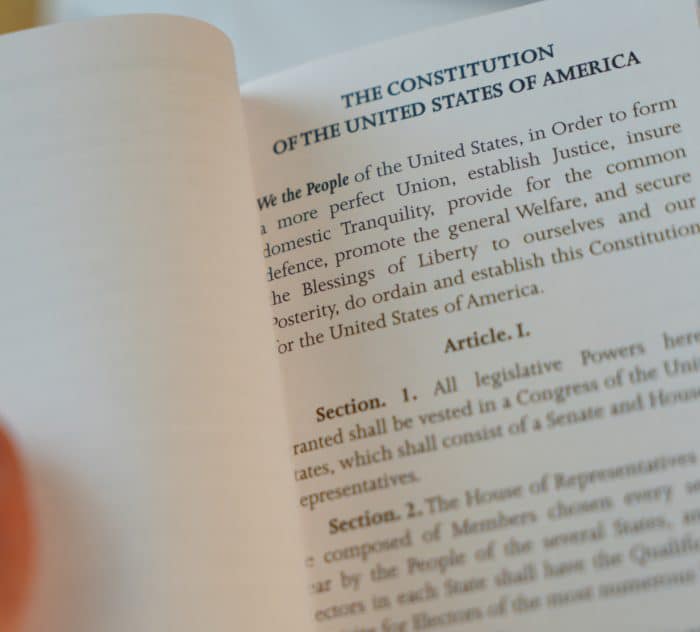On August 14, 2025, the U.S. Court of Appeals for the Fourth Circuit reaffirmed and clarified important protections for employees with disabilities under the Rehabilitation Act of 1973.
In Herkert v. Bisignano, the plaintiff, Mary Herkert, a Branch Chief at the Social Security Administration (SSA) with multiple physical disabilities, requested a telework arrangement as a reasonable accommodation. After her request was denied and she signaled intent to pursue equal employment opportunity remedies, the SSA reassigned her to a non-supervisory role that allowed telework. Her pay and benefits remained unchanged; however, Herkert no longer had similar supervisory duties, prestige, or career advancement opportunities.
Herkert filed suit in the United States District Court for the District of Maryland. The Court dismissed her claims, reasoning that the reassignment wasn’t “significant” enough to qualify as an adverse employment action and that Herkert had voluntarily accepted the new role.
Herkert filed an appeal with the Fourth Circuit, and the appellate court vacated the dismissal, citing the Supreme Court’s Muldrow v. City of St. Louis decision. It held that a plaintiff only needed to show “some disadvantageous change” in employment, not a “significant” one, to support a discrimination claim. The court also found disputes about whether Herkert’s reassignment was truly voluntary, warranting further proceedings.
Adverse actions under the new Herkert standard could include, depending on the facts of the situation:
- Loss of supervisory authority
- Reduction in prestige or professional standing
- Diminished advancement opportunities
- Reassignment that is not fully voluntary
For questions about reassignment policies or accommodation procedures, reach out to the employment attorneys at Poyner Spruill.



